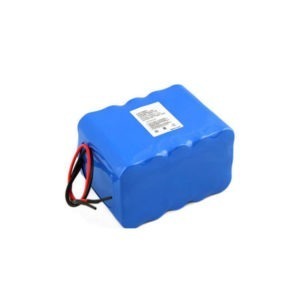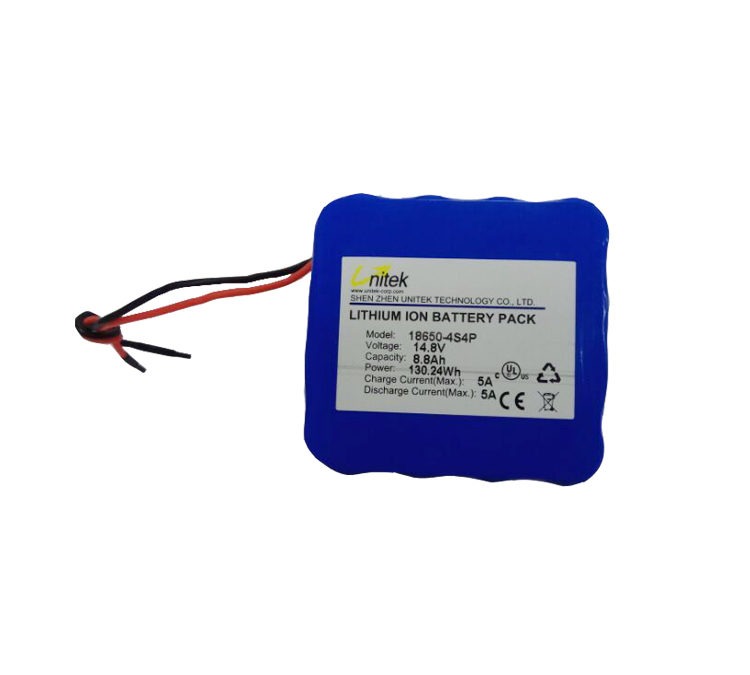In some consumer electronic products, medical equipment has more strict operating requirements for lithium-ion batteries: due to the importance of safety and reliability, there should be a powerful lithium-ion battery cell. The technology and design of lithium-ion battery for medical equipment are different from the previous battery technology. Compared with other traditional battery technologies, lithium-ion battery has the advantages of safety and environmental protection, high energy density, light weight, long cycle life and wider applicable temperature range. Therefore, it has created the successful application of lithium-ion battery for portable medical equipment.

Application of lithium ion battery in medical devices
Compared with other traditional technologies, lithium-ion batteries have many advantages in the application of medical devices. This includes higher energy density, lighter weight, longer cycle life, better battery capacity retention characteristics, and a wider applicable temperature range. With the maturity of lithium-ion battery R & D technology and the improvement of mobile work requirements of portable medical devices, lithium-ion batteries gradually occupy the leading position in the medical device industry with their absolute advantages of high voltage, high energy and long life.
Lithium ion batteries are widely used in medicine, such as hearing aids, cardiac pacemakers and other non life support devices. The use of lithium-ion battery instead of primary battery in hearing aid can solve the problems of high cost, environmental pollution and the decline of hearing aid effect caused by voltage drop. It has a wide application potential. Nowadays, a large number of monitoring instruments, ultrasonic equipment and infusion pumps have been used in the application of lithium-ion batteries in medical systems and medical devices, which can be used far away from hospitals and even battlefields. Portable devices are becoming more and more convenient to move. It is precisely because of the application of technologies such as lithium-ion batteries that the 50 pound defibrillator can be replaced by lighter, more compact and user-friendly devices without causing muscle tension to medical staff.
Maintenance of lithium ion batteries in medical devices
Due to the variety, full function and high precision of medical devices in modern clinical departments, it is very important to ensure the correct and safe use of all kinds of devices. Therefore, the effective maintenance of vulnerable parts such as lithium-ion battery in the instrument can not only prolong the service life of lithium-ion battery, but also reduce the maintenance cost of equipment and significantly improve the utilization and integrity of hospital medical equipment.
Advantages of lithium ion batteries in medical devices
1. Good safety performance: the structure of lithium-ion battery for medical devices adopts aluminum-plastic flexible packaging, which is different from the metal shell of liquid lithium-ion battery. In the case of potential safety hazards, liquid batteries are easy to explode, while medical device batteries can only be inflated at most;
2. The thickness is small and can be thinner: there is a technical bottleneck when the thickness of liquid lithium-ion battery is less than 3.6mm, but there is no technical bottleneck when the thickness of medical system and medical device battery is less than 1mm;
3. Small internal resistance: through special design, the impedance of lithium-ion battery can be greatly reduced and the high current discharge performance of lithium-ion battery can be greatly improved;
4. Very light weight: the weight of lithium-ion battery for medical devices is 40% lighter than that of steel shell lithium-ion battery with the same capacity specification and 20% lighter than that of aluminum shell battery.
With the increasing improvement of lithium-ion battery production technology and the decline of cost, the application of lithium-ion battery in the medical device market will be gradually popularized.
